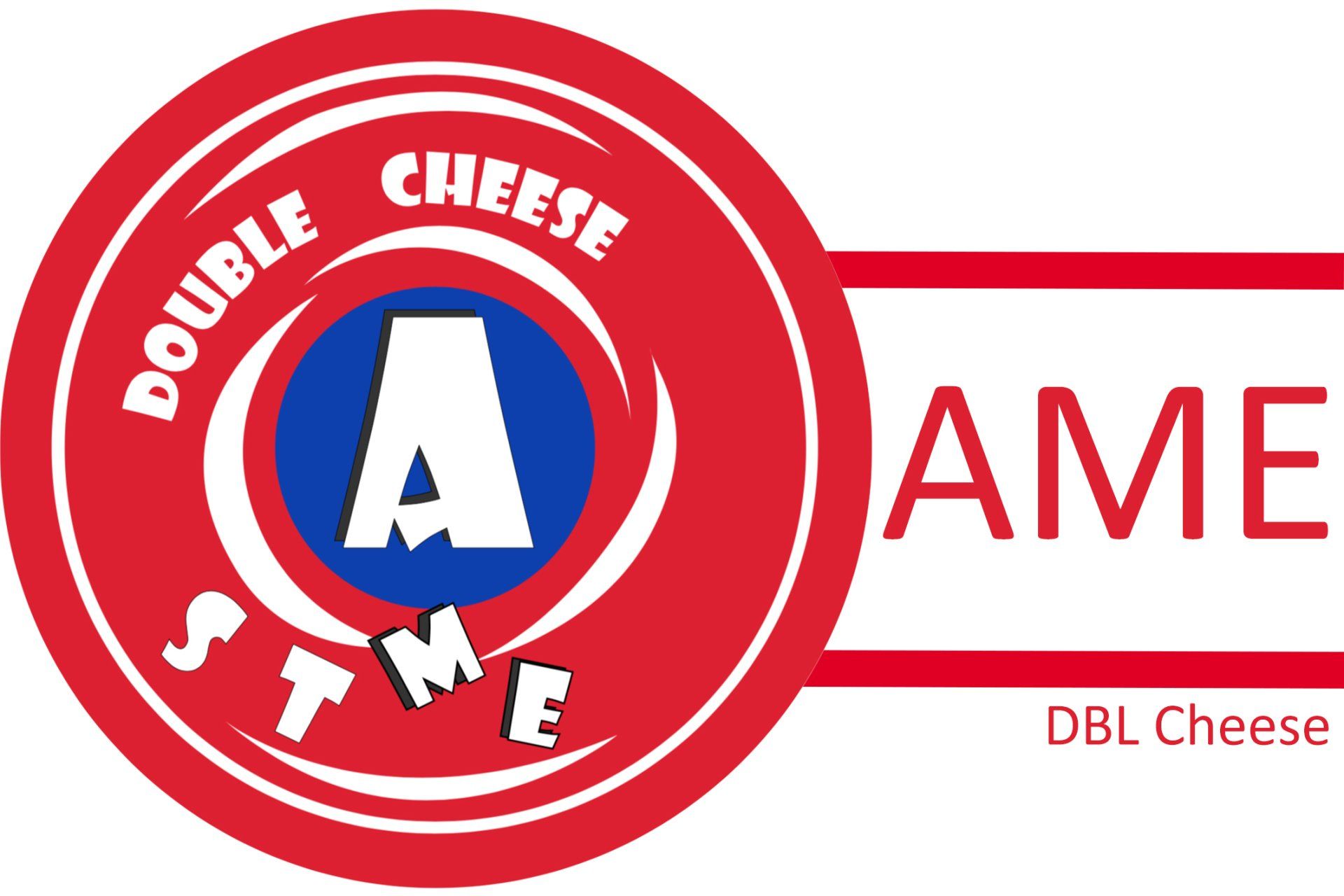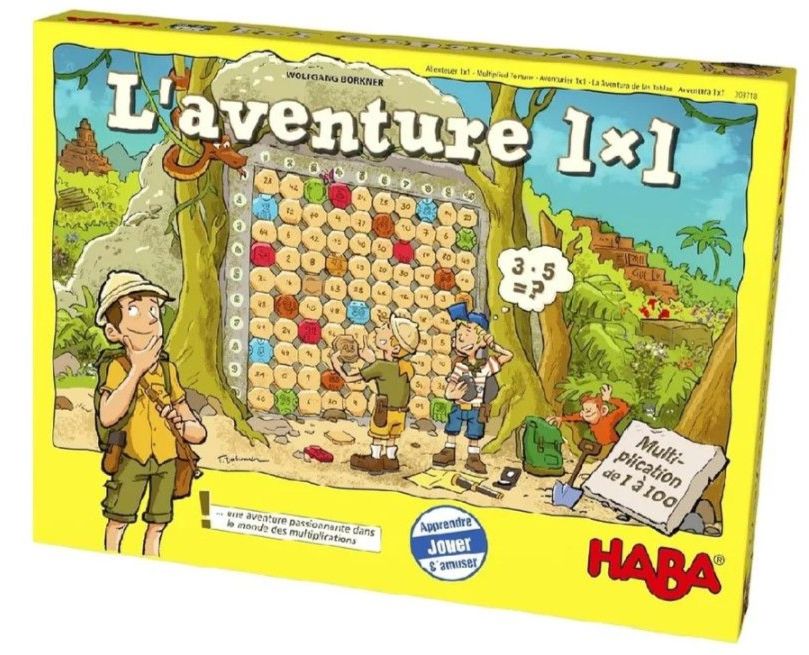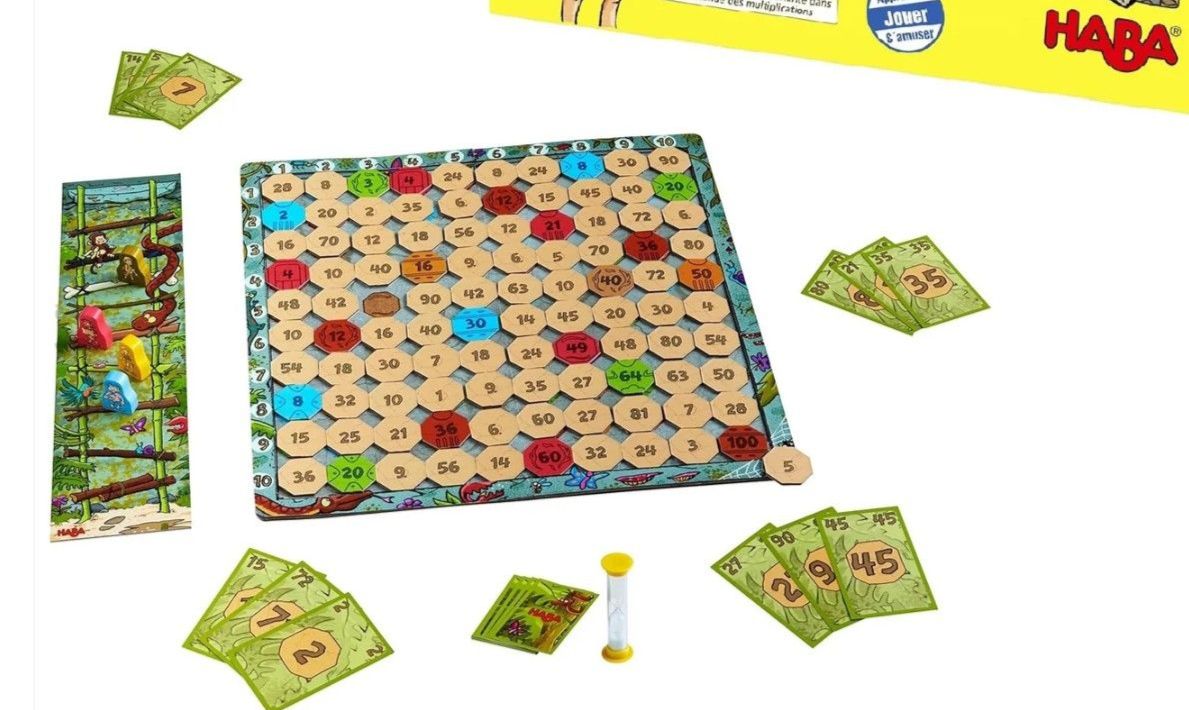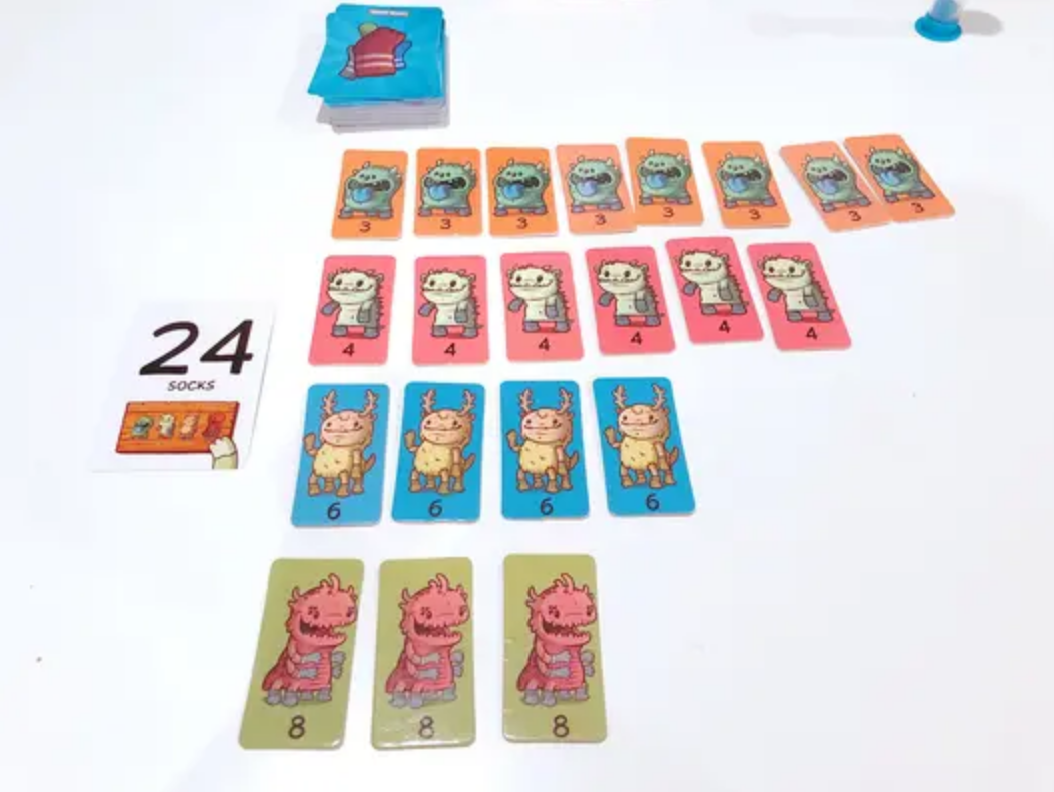[Multiplier table practice] Help children easily master the multiplier table: fun learning methods and mental arithmetic skills
Multiplier tables are an important foundation for learning mathematics. Usually, primary school students start to be exposed to multiplication in the first semester of primary school to the first semester of primary two and begin to memorize multiplication tables. However, children's number sense varies, and some children memorize it quickly while others may find it difficult. How can parents help their children master this critical skill? The following will introduce three interesting learning methods, allowing children to memorize multiplier tables through games, while sharing Indian-style mental arithmetic to improve calculation skills!
Indian Multiplier Table: 19×19 Mental Arithmetic Secrets
In addition to the nine-nine multiplication tables, Indian children will also recite the "one-nine-nine-nine multiplication tables" whose range extends to 19. This advanced learning method allows children to perform mental arithmetic much faster than their peers. The following are the steps of the Indian Heart Algorithm:
This method is simple and efficient, helps children improve their mental arithmetic skills, and makes learning multiplier tables fun and practical.
Quickly calculate any multiplication problem between 11 and 19
Demonstration calculation: 13 × 12
- Addition: Add the single digit numbers of 13 and 12 (13 2 = 15).
- Multiply by 10: Multiply the result by 10 (15 × 10 = 150).
- Multiply units digits: Multiply units digits (3 × 2 = 6).
- Sum the result: Add the two (150 6 = 156).
In this way, any multiplication between 11 and 19 can be solved quickly. For example:
- 14 × 13:
- 14 3 = 17
- 17 × 10 = 170
- 4 × 3 = 12
- 170 12 = 182
- 19 × 19:
- 19 9 = 28
- 28 × 10 = 280
- 9 × 9 = 81
- 280 81 = 361
It's not difficult to memorize multiplier tables! 5 small games to memorize the multiplier table Fun and academic, easy to pass the math test
1. Entry level | Multiplier table Pop it stress relief game
The popular Pop it stress-relieving toy on the market is a favorite among children. It is similar to "snap paper" and makes a crisp sound when pressed, with multiple visual, auditory and tactile feedback. Many styles also incorporate multiplier table designs. Parents can let their children read out the multiplier table (such as the multiplier table of 6) while pressing the corresponding numbers while their children are playing, to help their children deepen their impression in a relaxed and interesting process. This interactive method makes learning less boring and makes children more willing to accept it.
2. L'aventure 1 x 1 Multiplication Table Puzzle Wall Mental Arithmetic Game | Poker Multiplier Solitaire | Advanced Reaction Game
Deep in the remote rain forest, there is a legendary golden city hidden. A huge mosaic facade covered with digital puzzles blocks access to the city. Now, it all depends on your computing dexterity! By doing mental multiplication you will gradually fill the puzzle wall with the correct answers. Right or wrong? The back of the tile can help you check your answer. The best multiplication master will win the adventure.
Game features:
- Fun Multiplication Adventure: Learn the multiplication tables while improving your math skills, including individual play and cooperative modes.
- Content includes:
- 1 puzzle wall (large game board)
- 1 Ladder to Fortune (narrow game board)
- 100 mosaic tiles
- 23 game cards
- 1 hourglass
- 4 treasure hunter characters
- 1 game manual
This game combines mathematics with adventure, allowing children aged 6 and above to easily learn multiplication in the game. Come and challenge yourself to see who can become the best multiplication fortune hunter!
On the other hand, prepare a deck of playing cards, draw out the cards from A to 9 and divide them into two piles. The parents and children each hold one pile and take turns playing out the cards. Suppose the parent plays a "5" first, and then the child plays a "4". The two sides compete to see who can tell the answer to 5×4 the fastest. The person who answers correctly continues to play cards, and the person who answers incorrectly stops one round. As the game progresses, you can add more cards or shorten the reaction time to increase the challenge. This game can strengthen children's memory of multiplication tables, while exercising reaction skills and concentration.
Competition-level Mathematical Olympiad Interest Class (English Mathematical Olympiad)
- The only Mathematical Olympiad course written in English in Hong Kong, it can effectively cope with challenging questions in schools. (There is also a Chinese class)
- Mathematics problem-solving courses are specially designed for students who are brave enough to challenge themselves. Through a series of highly challenging "Math Olympiad"-type questions, students will deepen their analysis, problem-solving, logical reasoning and other skills.
- Integrate different types of mathematical concepts
- Think about various ways to deal with different mathematical problems (including word problems and challenge problems)
- Apply mathematics in daily life (word problems and higher-order thinking questions)
- Mathematical Olympiad questions can help children prepare for different math tests and competitions
3. Poker multiplier reasoning|Challenging reverse thinking game
This is a more advanced game designed to test children's familiarity with multiplication tables. Divide the cards from A to 9 into two sets, and each time you take turns to tell an answer to the multiplier table, such as "48", the opponent must quickly tell the corresponding two numbers (such as 8 and 6) and play the correct card. This game not only enhances children's memory, but also improves their mathematical reasoning skills, making it an excellent choice for advanced learning.
Math Game Interest Class (Active Math Player)
- Full English teaching, learning mathematics through games (suitable for 3-6 years old)
- Abandon mechanical training and introduce a new mathematical game (PLAY WITH NUMBERS) to truly improve children's mathematical abilities. Activity teaching method allows children to learn through games, greatly improving their learning interest, communication skills and social confidence.
- LISTEN: Encourage children to listen more attentively to the rules of the game to win the game
- LET'S PLAY: Effectively improve students' problem-solving speed and responsiveness
- REPORT: Allow students to observe and discover the relationship between game rules and winning strategies
4. Multiplier table board game Logic Roots | Free online multiplier table game | Technology-assisted learning
Logic Roots: The number of socks is the multiplier, and the number of aliens is the multiplier. Different little monsters have different numbers of feet. It will be a little dazzling at first, but you will get used to it after playing with Naizuo. Winter is coming soon. Can the sock factory produce enough socks for the aliens to survive the winter? Play and practice over and over again, and you will become more and more proficient in multiplication.
In addition, there are many free multiplication table learning games on the Internet, which are rich in design and full of fun, allowing children to learn mathematics unconsciously in the game. Parents can accompany their children to use these resources, and at the same time set limits on game time to avoid over-indulgence and ensure maximum learning results. It is recommended that parents choose simple and learning-oriented games so that their children can focus on mastering the core skills of multiplication tables.
Tips for parents: How to inspire children’s interest in learning
Combining games and learning: Through multiplication table games, mathematics is integrated into life situations to stimulate children's motivation to learn actively.
Diverse learning tools: In addition to traditional textbooks, you can also use multiplier table songs or apps to allow children to practice in different media.
Positive encouragement: When children make progress, give them timely recognition to enhance their confidence.
Mastering the multiplier table is the cornerstone of math learning. Through the above fun games and mental arithmetic skills, children can learn the multiplication table solidly in a relaxed and pleasant atmosphere, laying a solid foundation for future mathematics learning!
Powered by AME





